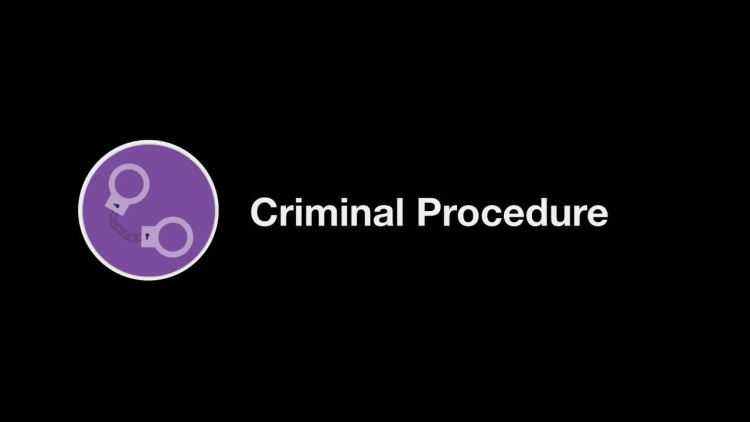Welcome to Criminal Procedure
A comprehensive treatment of the rules and procedures that govern the pretrial processing of criminal suspects, and Fourth, Fifth, and Sixth Amendment rights.
Transcript
Welcome to Criminal Procedure! Designed for upper-level law students, our criminal procedure course features 22 lessons and 210 practice questions, and it surveys the basic constitutional protections that apply to anyone the government investigates or prosecutes for any crime. Here, we’ll teach you everything you need to know to ace your criminal procedure exam.
The course is divided into five chapters. The first two cover the Fourth Amendment. They define the key concepts of search and seizure, explain the warrant requirement, and articulate the critical exceptions to the warrant requirement. The third chapter covers confessions and the right to counsel. Focusing on the Miranda doctrine and the Sixth Amendment right to counsel, it exhaustively explains how the Constitution protects against overreaching police interrogation, mostly by excluding improperly obtained confessions.
The fourth chapter plumbs the depths of the exclusionary rule. Once you’ve taken this chapter, you’ll firmly understand when the Constitution does—and doesn’t—exclude evidence obtained by unconstitutional means.
The fifth chapter revisits the Fourth, Fifth, and Sixth Amendments. It first explains how the Constitution protects those subjected to certain invasive pretrial investigation techniques, including pretrial detention, lineups, bodily searches, compulsory fingerprinting, and similar procedures. After that, we revisit the constitutional right to counsel. Here, we’ll explain whether and to what extent the constitution affords a right to counsel, at the government’s expense or not, at each stage of criminal litigation. Finally, our fifth chapter surveys the Fifth Amendment’s protection against compulsory self-incrimination, apart from the Miranda doctrine.
If you watch all our videos and take all our quizzes, by the end of this course, you should have acquired all the knowledge you’ll need to get a great score on a law school exam in criminal procedure. Let’s get started.




